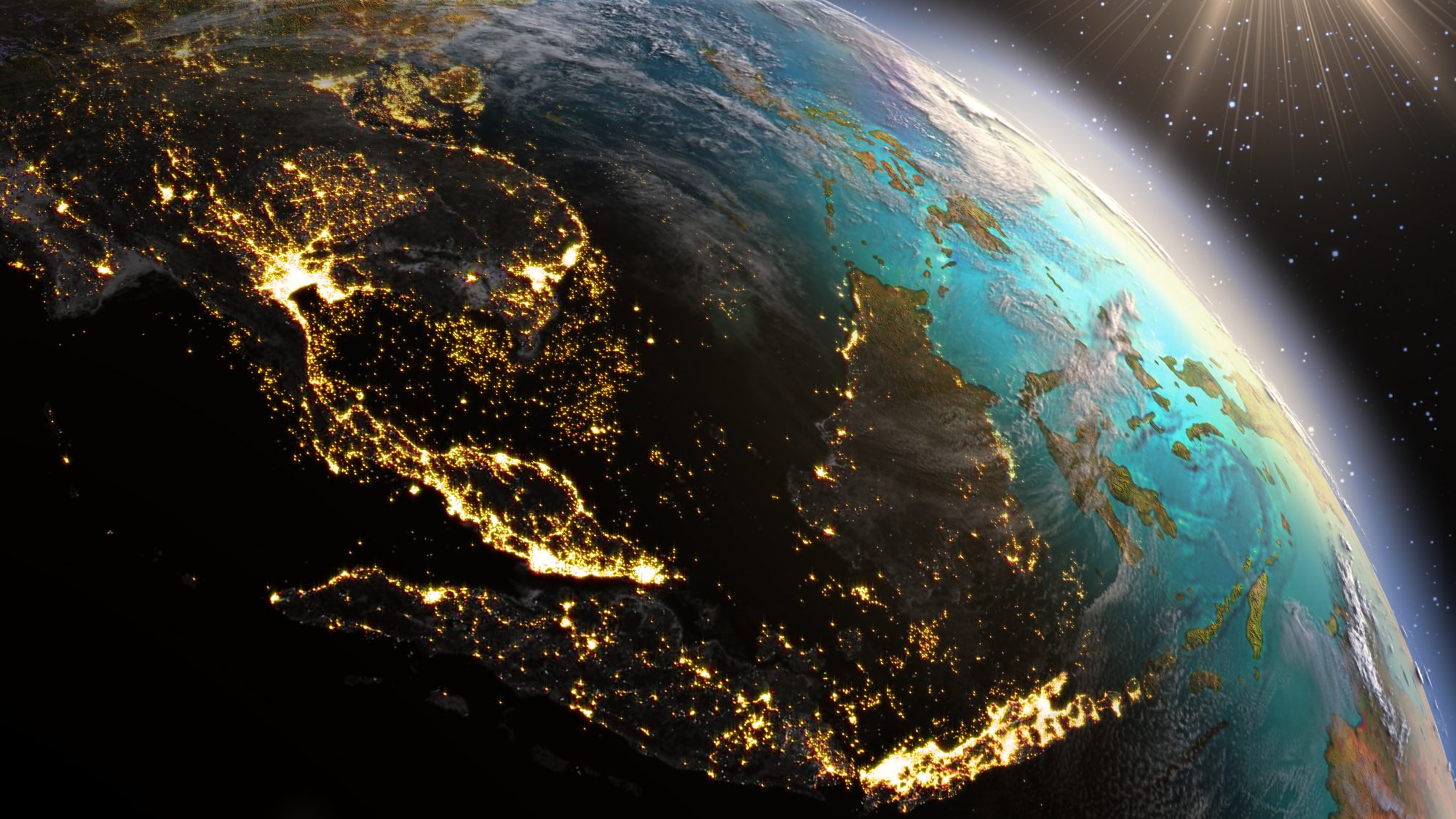As COP26 ended in November 2021, few would have imagined how much the geopolitical backdrop would change in the 12 months to COP27. Russia’s illegal invasion of Ukraine in February 2022 has turned global supply chains, financial systems and energy markets upside down, and the resultant cost of living crisis has preoccupied politicians.
It has also provided fertile ground for mis-/disinformation on climate. In March 2022, just after the war began, the right wing, Rupert Murdoch-owned, Wall Street Journal ran more climate disinformation than it had for any single month in the past 20 years.
In the US, former vice president Mike Pence falsely claimed that Biden’s decision to cancel the Keystone XL Pipeline made the US more dependent on Russian oil.
These are just two examples of the way that right-wing politicians and the fossil fuel industry have sought to exploit international fears over energy security stemming from the crisis in Ukraine.
Collaborate to fight
But climate disinformation has a new adversary in the form of Climate Action Against Disinformation (CAAD). A coalition of climate and anti-disinformation organisations across Europe and the US, now numbering more than 50, is working to dispel myths and fight misinformation by vested interests who oppose climate action.
Formed ahead of COP26, CAAD has continued to collaborate and expand its membership to include organisations from Australia and Africa. All want the same thing – to ensure that decision makers at national and international levels recognise the threat from climate disinformation, and together with media companies and platforms, take action against it.
CAAD has created bespoke climate dashboards powered by Beam, an award-winning system developed by CASM Technology and the Institute for Strategic Dialogue to track online misinformation.
The dashboards collate and visualise data from around 3,000 actors across climate denial, political, media, industry, influencer and conspiracy ecosystems online, as well as over 250 media outlets worldwide.
The system also analyses millions of posts across 4Chan, Facebook, Instagram, MediaCloud, Reddit, Telegram, Twitter and YouTube to capture content broadly related to COP27, as well as discussions around specific policy areas such as loss and damage. The information is supplemented by organisations including the University of Exeter and Dewey Square Group.
Misinformation is contagious
For example, one of the top links within a dataset of 8,300 original posts from more than 6,600 accounts between 19 October and 1 November was an article in the blog Spiked, which is funded by US oil billionaires and climate deniers the Koch brothers. It alleged falsely that the UK’s Net Zero target will result in energy blackouts.
UK disinformation group NetZero Watch in turn used this narrative to attempt to turn the public against climate policies, using the economic crisis to promote fracking. It was also picked up in a Facebook post from CFACT, the US-based climate denial group, and Texas Republican rep. Chip Roy, who argued that the UK ban showed that Conservatives had once again cave to the left’s climate hysteria” and that “maintaining the UK fracking ban is bad for Britons and Western energy security.” Roy has two energy companies among his top five campaign contributors.
COP27 got off to a shaky start in terms of trust, when it emerged that the summit’s official app compromises the devices of anyone who downloads it, allowing Egypt’s ministry of communications and information technology to access attendees emails, photos and determine users’ locations.
The success of multi-lateral processes such as UN COPs relies on deep trust between governments. As those spreading misinformation well know, if trust is lost or thrown into doubt, the talks will flounder. The work of CAAD is very timely, as negotiators grapple with tricky subjects such as loss and damage and finance, against what some have said is already the most difficult climate summit ever.
CAAD welcomes requests from journalists, civil society and policymakers to contact it with any leads regarding climate mis-/disinformation, malign influence operations or other suspicious activity via [email protected].





